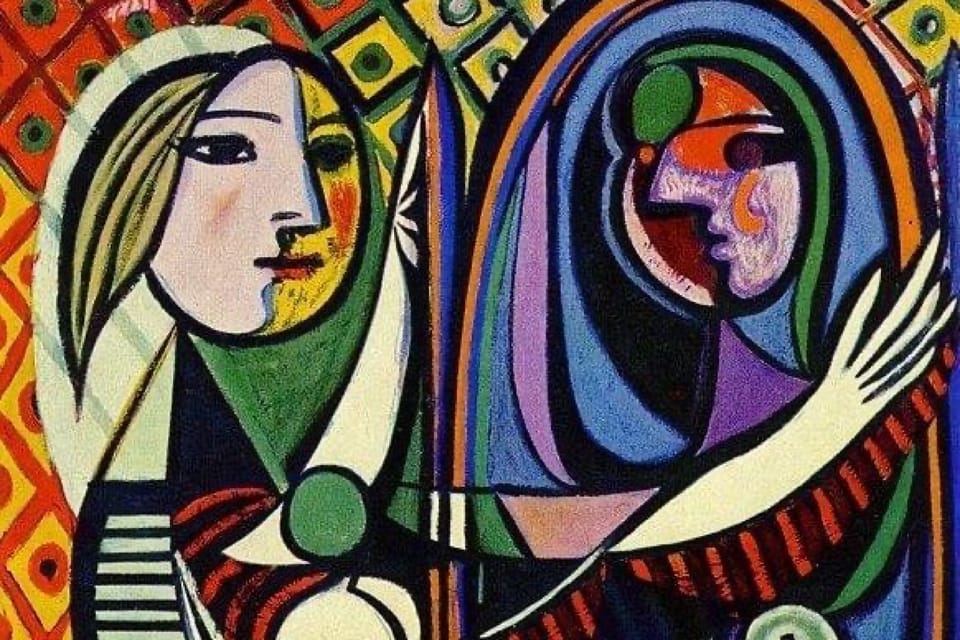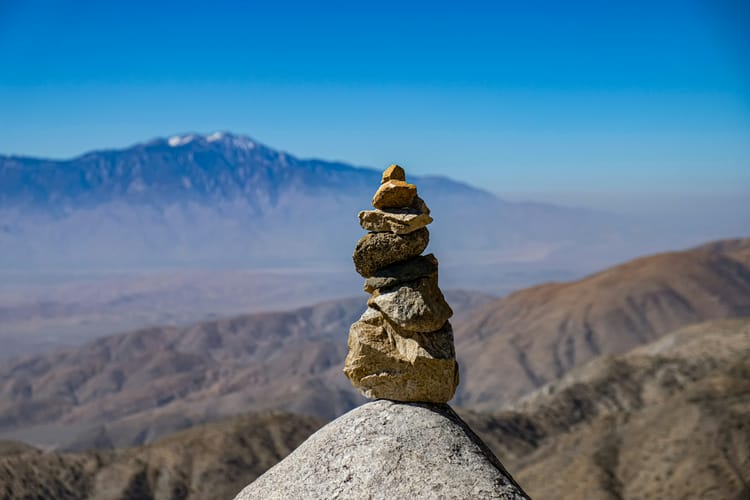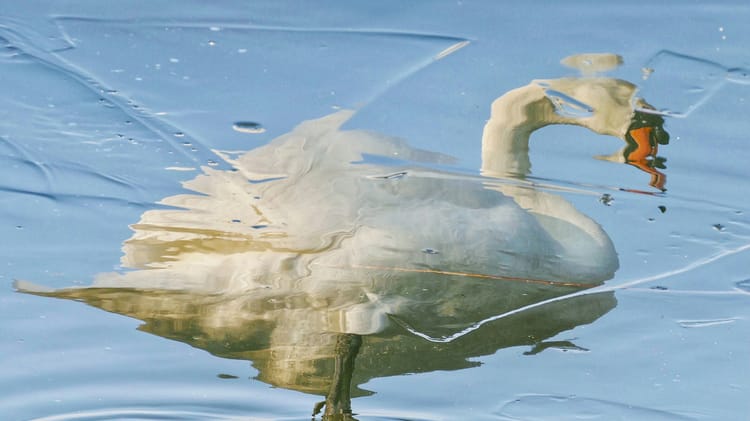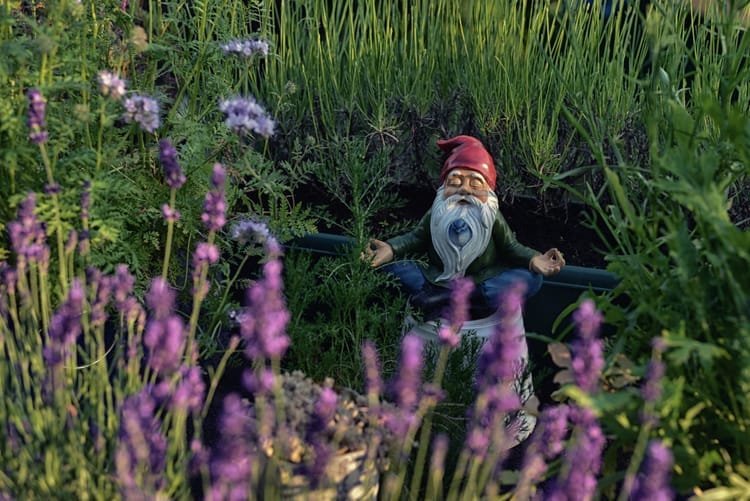Who are you when no one is watching?

"How are you, really? What are you feeling? What brings you joy, and what would you like to do with your life? I guess what I'm asking is, who is ML? Tell me about her".
This unexpected series of questions hit me like a ton of bricks. I stared at the psychiatrist with a blank look on my face. I was struggling through my master's degree back then, and I had no answer to those questions. Growing up as a very obedient child who always did as she was told, I had never really gotten the chance to explore my preferences, understand my emotions, or make choices that shaped my individuality. Then came anorexia, which would only deepen my disconnect from my true self, numbing me out and leaving me with a sense of emptiness that accompanied me throughout middle and high school. As a teenager, my only goals were to be underweight, survive school, and get my diploma; everything else was irrelevant.
Fast forward to my university years and that therapy session—my eating disorders hadn't gotten any better, and my sense of self had long become a moot point. I still remember my bewilderment, quickly followed by irritation, as the psychiatrist looked at me with kind eyes, waiting for me to say something. He got no answer out of me, but the first seed had been planted. Deep down, I knew how important those questions were, but I was too lost and afraid to even begin confronting them. For years, I convinced myself I simply couldn't afford to think about who I was because it would trigger an existential crisis and plunge me into a sadness so profound it would push me over the edge.
In my mid-30s, I finally started to recover from my illness. For many years, I had held onto the hope that once I found a way out of my eating disorders, life would finally transform into something beautiful and meaningful. I clung to this hope like a barnacle to a rock. What happened instead was that as my relationship with food improved, everything else started to fall apart, and those long-ignored existential questions resurfaced with a vengeance. That's when I was forced to admit I had no clue who I was.
Life on autopilot
I've been talking to people about personal growth for quite some time now, and I've come to realize that many of us live on autopilot. We get caught up in so many things—other people's expectations, social milestones, responsibilities piling up, unexplored past conditioning, unresolved past trauma. In all of this chaos, we forget to carve out the time to connect to ourselves, to reflect on where we are going, define our value set, decide what really matters to us, evaluate how we are showing up in the world and whether it aligns with who we want to be.
This is astonishing if we stop to think about it. "Know thyself" has been a fundamental philosophical tenet—one we all encountered in school. Yet we rarely apply it to our own lives. Personally, I came across this idea countless times in literature and philosophy classes. And yet, it never occurred to me to ask how it applied to me. Nor did my teachers ever encourage such discussions.
Truly a missed opportunity, because self-knowledge is the foundation for a good life. If you have a better idea of who you are as a person and what your long-term goals are, and have more insight into and mastery over your mental state, you can make better choices, which will help your future self prosper.
How do you cultivate self-awareness?
Once we acknowledge the importance of self-awareness, how do we go about acquiring it? It's not like we can just snap our fingers and suddenly know ourselves inside out.
There's an overwhelming abundance of advice on how to "live fully", often packaged as an intimidating checklist. We’re told we should wake up at dawn, meditate, journal, do yoga, get some coaching, attend silent retreats—the list goes on. These are all great ideas, but not everyone has the time (and the resources) to commit to what is often presented as the necessary path to self-discovery and self-actualization. And I’d argue that in addition to being unrealistic for most, it’s not even necessary. As an advocate for baby steps, I firmly believe in starting small. Baby steps are how I recovered from my illness, and baby steps are how I’m creating a different life for myself now.
Choose one activity that resonates with you, find a moment in the day that fits your schedule, and commit to it. Whether it’s journaling, developing a yoga practice, or going for a walking meditation, begin somewhere and remain consistent. Exploring a new hobby is another way to discover sides of yourself you weren’t fully aware of. In my case, yoga and theater have been invaluable tools.
If someone asked you, "Who are you when no one is watching?", what would your answer be? I'll admit, I’m still figuring that out. But the question no longer terrifies me the way it once did. Instead, I approach it with curiosity and compassion. I believe we should all be curious and compassionate towards ourselves. We're such incredible beings and we have so much to offer to the world, yet we're also burdened by doubts, biases, limiting beliefs, unawareness, stubbornness, conflicting desires... We're so strong and yet so fragile. Getting to know ourselves in all of our imperfect glory is the journey of a lifetime. Like every other journey, it starts with a single step.
What’s your first step? And if you feel you still need some extra motivation to get started, I encourage you to go read my post on action bias :)
If this post speaks to you, please share your thoughts in the comments! I'd really love to receive your feedback and to continue the conversation. And please don't hesitate to share it with anyone you believe might find it valuable.



Member discussion